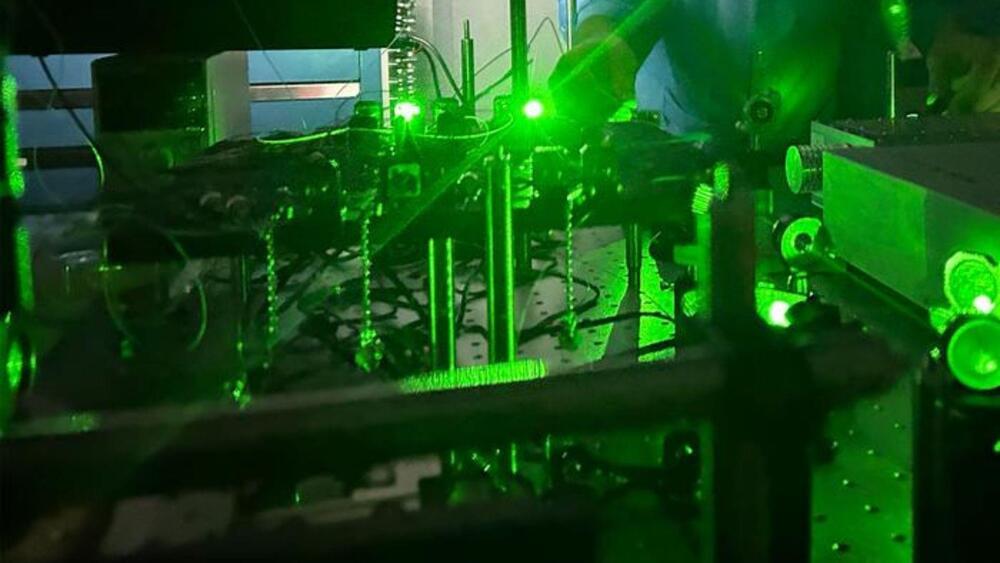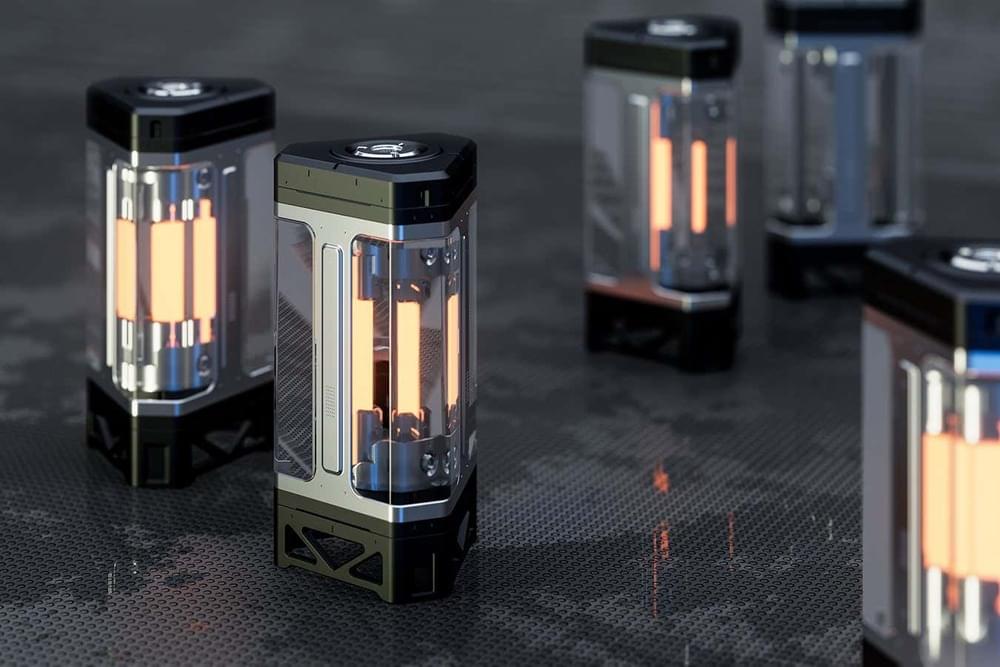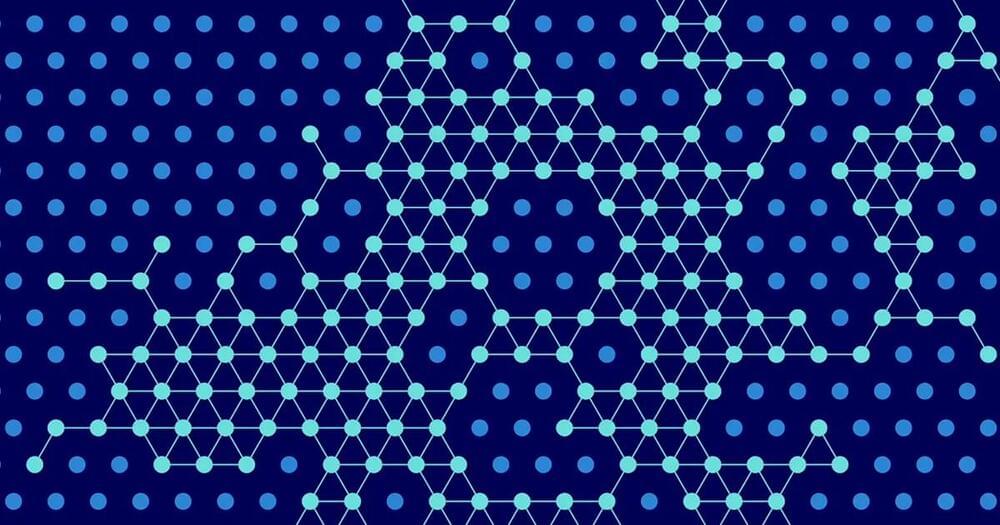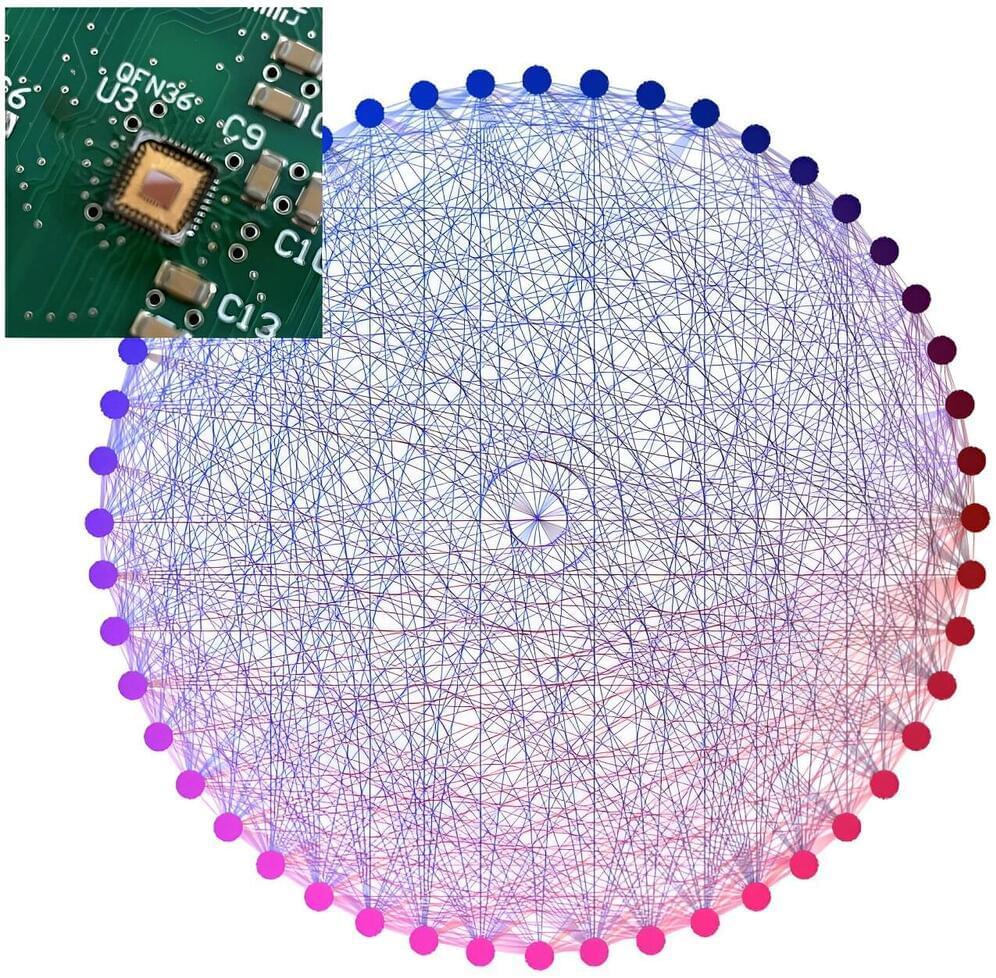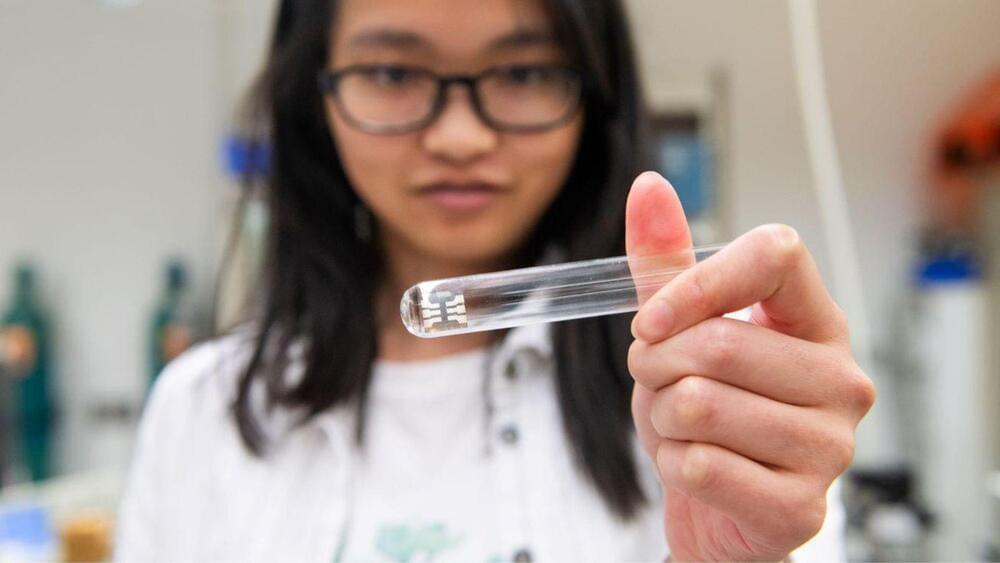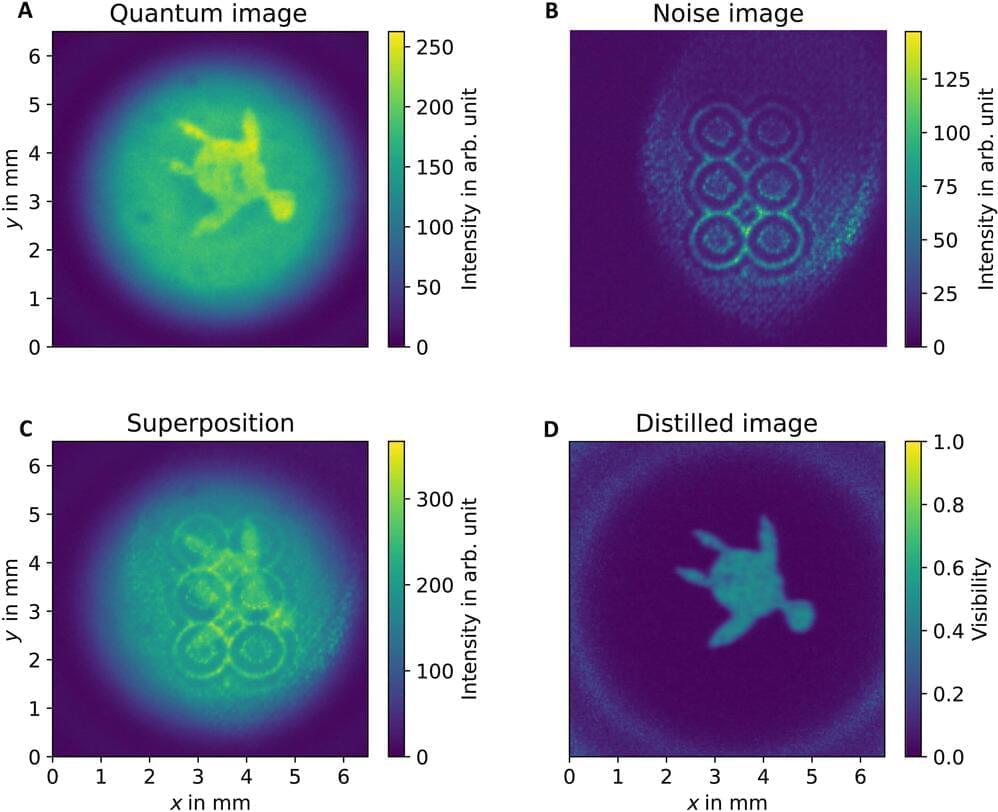Instead of designing their own qubits for study, the team used nature-made ones and focused on ways to control them.
Researchers at the University of Waterloo in Canada have developed a novel and robust way to control individual qubits. This ability is a crucial step as humanity attempts to scale up its computational capacities using quantum computing, a press release said.
Much like silicon-based computers use bits as the basic unit of storing information, quantum computers use quantum bits or qubits. A number of elemental particles, such as electrons and photons, have been used to serve this purpose, wherein the charge or polarization of the light is used to denote the 0 or 1 state of the qubit.
